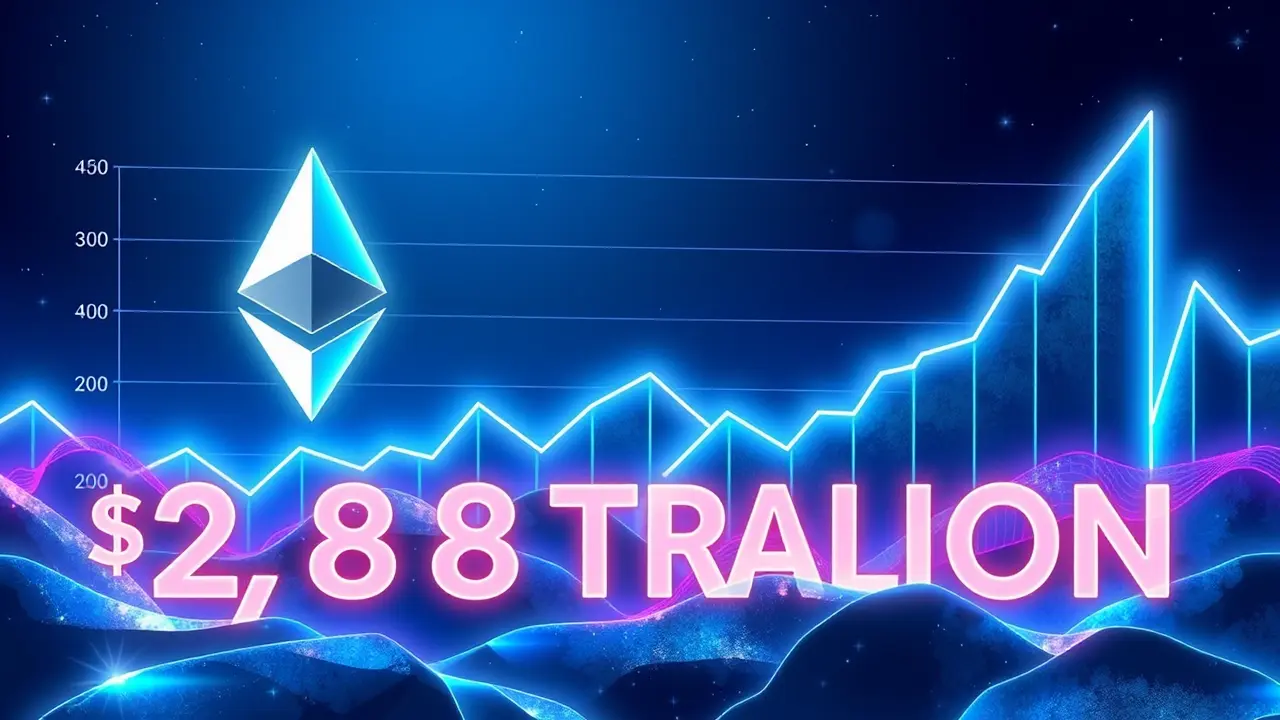- News
- ethereum
- ‘Massive overstep’: mistrial declared for ‘MEV Brothers’ accused of $25 million fraud on Ethereum

CryptoethereumSecurity and Exploits
‘Massive overstep’: mistrial declared for ‘MEV Brothers’ accused of $25 million fraud on Ethereum
AL
Alice Morgan
7 hours ago7 min read2 comments
In a stunning courtroom drama that has sent shockwaves through the Ethereum ecosystem, the federal fraud trial of Anton and James Peraire-Bueno—the self-proclaimed 'MEV Brothers'—collapsed into a mistrial, a development as chaotic and unprecedented as the maximal extractable value (MEV) strategies they were accused of weaponizing. The case, which alleged the brothers orchestrated a sophisticated $25 million heist by exploiting a vulnerability in Ethereum's mempool, reached a fever pitch during jury deliberations, with reports emerging that some jurors were brought to tears and suffered sleepless nights, their profound distress underscoring the immense complexity and philosophical weight of a trial that was fundamentally about the very soul of decentralized finance.This wasn't merely a case about stolen digital assets; it was a landmark legal battle testing the boundaries of code-as-law, pitting the U. S.Department of Justice's traditional framework of conspiracy and wire fraud against the nascent, often gray-area, ethical norms of the blockchain. The brothers' defense hinged on a core crypto-anarchist principle: that they simply used the public, permissionless rules of the Ethereum network to their advantage, engaging in a form of high-stakes arbitrage that, while controversial, wasn't inherently illegal.Their alleged scheme involved a meticulously crafted 'bait' transaction that tricked MEV bots, the automated arbitrageurs that scour the blockchain for profitable opportunities, into a trap, allowing the brothers to sandwich their transactions and extract millions in a matter of seconds. This incident forces the community to confront the 'dark forest' theory of Ethereum—the idea that the public mempool is a dangerous space where predatory bots lurk, and where only the most cunning survive.For proponents like Vitalik Buterin, who has long grappled with MEV's corrosive effects, this case is a cautionary tale, highlighting the urgent need for technological solutions like encrypted mempools and SUAVE (Single Unifying Auction for Value Expression) to create a fairer playing field. Yet, the mistrial also represents a massive overstep of prosecutorial ambition, an attempt to fit the square peg of decentralized network activity into the round hole of century-old financial statutes, potentially setting a dangerous precedent that could criminalize clever use of a public protocol.The emotional toll on the jury reveals the immense cognitive burden of educating a panel of laypersons on the intricacies of blockchain mechanics, smart contracts, and cryptographic signatures, a task that may have proven insurmountable. As the crypto world watches and waits to see if the DOJ will seek a retrial, the legacy of the 'MEV Brothers' is already cemented: they have exposed the fragile intersection of technology and regulation, forcing a necessary, if painful, conversation about accountability, innovation, and whether the freedom to transact on a decentralized network includes the freedom to exploit its transparent mechanics for personal gain, a question that will undoubtedly echo through courtrooms and developer forums for years to come.
#featured
#MEV
#Ethereum
#fraud
#mistrial
#exploit
#crypto regulation
#legal case
Stay Informed. Act Smarter.
Get weekly highlights, major headlines, and expert insights — then put your knowledge to work in our live prediction markets.
Related News
© 2025 Outpoll Service LTD. All rights reserved.







